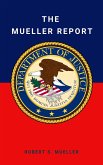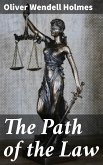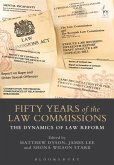In "The Common Law," Oliver Wendell Holmes Jr. presents a rigorous exploration of legal principles, emphasizing the dynamic nature of law as a reflection of societal evolution. Written in a concise yet eloquent style, Holmes weaves together historical context, philosophical underpinnings, and practical applications of common law. His approach is marked by clarity and intellectual depth, establishing a dialogue between law and social experience that resonates with both legal professionals and the general public. This seminal work not only critiques existing legal doctrines but also articulates his belief in law as an ever-adapting construct informed by life's complexities. Holmes, a prominent jurist and scholar, served as an associate justice of the U.S. Supreme Court for nearly three decades. His background in medicine, literature, and philosophy significantly influenced his legal thought, enabling him to draw parallels between law, culture, and ethics. His experiences in the courtroom and academia provided him with a unique perspective on the practical implications of legal theories, ultimately leading him to articulate a vision of law deeply rooted in common societal experiences. I highly recommend "The Common Law" to anyone interested in understanding the foundational role of law in society. Holmes's incisive analyses and deep reflections make this work not only a significant legal text but also a vital contribution to American intellectual thought. It is a must-read for students, practitioners, and scholars alike, seeking to grasp the evolving interplay between legal frameworks and human behavior.
Dieser Download kann aus rechtlichen Gründen nur mit Rechnungsadresse in A, B, BG, CY, CZ, D, DK, EW, E, FIN, F, GR, H, IRL, I, LT, L, LR, M, NL, PL, P, R, S, SLO, SK ausgeliefert werden.









